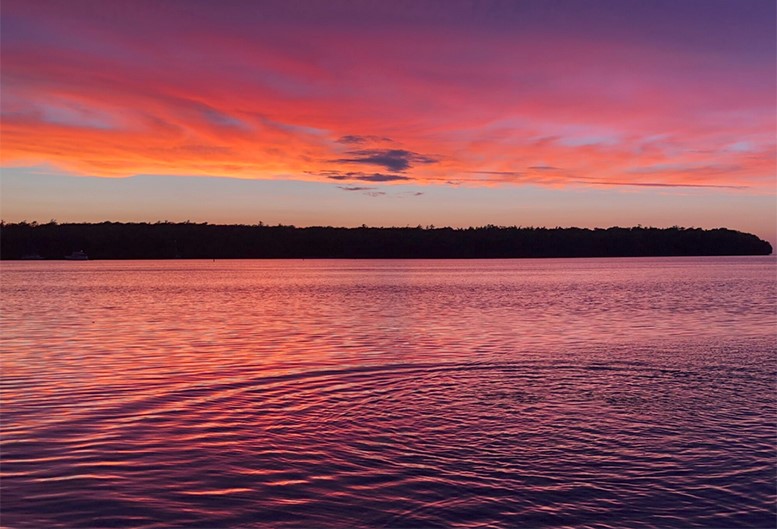Humans have always needed weather forecasts. Farmers and sailors in particular needed to know if storms were approaching. People looked to their surroundings and observed nature and the world around them to try to predict the coming weather.
Over time, various folklore forecasts, often in the form of short rhymes, were devised and passed down through the generations. Although memorable, folklore forecasts are of uneven quality — some good, others laughably bad.
The forecast made on Groundhog Day is an example of predicting the weather based on folklore. If the groundhog comes out of its hole and sees its shadow, we are in store for 40 more days of winter. The predictions made by this folk forecast are correct only about 40% of the time — vastly inferior to what is delivered by modern science. If you flip a coin, you’ll be close to being correct 50% of the time. The popularity of Groundhog Day in the United States has much more to do with clever marketing than it does with forecast accuracy.
Another example comes from ancient mariners:
Red sky at night, sailor’s delight
Red sky at morning, sailor take warning.
This saying is fairly accurate as it has some meteorologic basis. A clear western sky at sunset allows the sun to shine through the atmosphere, its light reddening as a result of Rayleigh scattering and then reflecting off clouds in the eastern sky. Clouds to the east usually move away; storms in the middle latitudes generally travel to the east under the influence of jet-stream winds.
The reverse is true in the morning, when the red sunlight shines on storm clouds approaching from the west. However, this folklore doesn’t work at all in overcast conditions or at tropical latitudes, where weather often moves from east to west.
Steve Ackerman and Jonathan Martin, professors in the UW-Madison department of atmospheric and oceanic sciences, are guests on WHA radio (970 AM) at 11:45 a.m. the last Monday of each month. Send them your questions at stevea@ssec.wisc.edu or jemarti1@wisc.edu.


